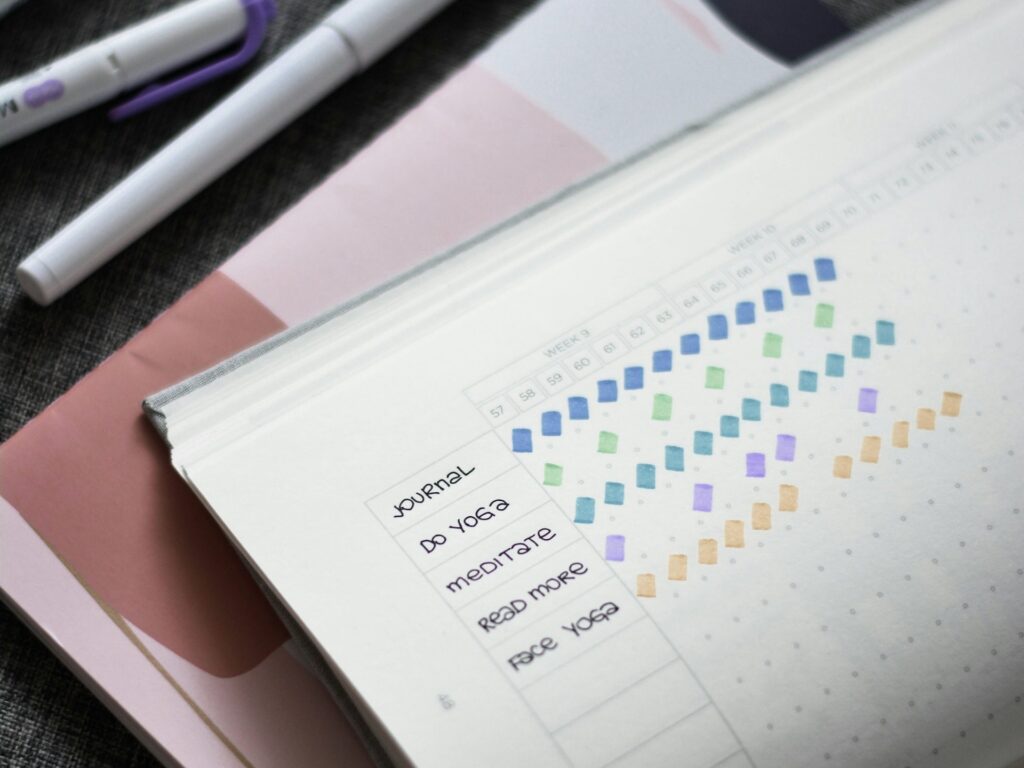
What Does it Mean to Drink in Moderation?
When it comes to alcohol, moderation is key. The CDC defines moderate drinking as no more than one drink per day for women and two drinks per day for men. Here’s what that looks like in practical terms:
- 12 oz of regular beer
- 5 oz of wine
- 1.5 oz of 80-proof distilled spirits
This translates to 7 drinks per week for women and 14 for men. Important note: downing all these drinks in one sitting is binge drinking and comes with serious health risks.
Signs You’re a Moderate Drinker
It’s easy for moderate drinking to slip into more hazardous patterns, but if you see yourself in the following points, you’re probably doing just fine:
1. Adherence to CDC Benchmarks
- Staying within the CDC’s limits is a great start. But remember, moderation can be subjective. If you find that even fewer drinks start to negatively impact your health or energy levels, adjust accordingly.
2. Alcohol Doesn’t Interfere with Wellness Goals
Your physical and mental health should come first. For instance:
- You don’t skip workouts due to hangovers.
- You don’t rely on alcohol to cope with stress or sadness.
3. Resisting Peer Pressure
- Social situations often involve alcohol, but a true moderate drinker can enjoy social drinking without going overboard. If you plan for two drinks on a night out, you stick to that plan, knowing more would affect you negatively.
4. Maintaining Target Weight
- Alcohol can pack on the pounds, especially with high-calorie drinks like cocktails. Research suggests that moderate drinking typically doesn’t lead to weight gain over short periods, unlike heavy drinking.
How to Maintain Moderate Drinking Habits
Do you feel like it’s time to reign in drinking? Here are some tips to help you stay in the moderate zone:
1. Set Daily or Weekly Drinking Limits
Plan your alcohol consumption just like you plan other aspects of your life. Setting goals, like limiting yourself to 7 drinks a week, can really help keep your drinking in check.
An app like Sunnyside can be a game-changer for this. It lets you set personalized drinking limits, track your intake, and sends you daily reminders. Plus, it provides weekly progress reports, so you can see how well you’re sticking to your moderation goals.
I’ve recommended this app to numerous clients and use it myself to stay accountable and motivated to maintain healthy drinking habits.
2. Maintain Healthy Habits
Healthy habits can prevent drinking from becoming a default response to stress or boredom. Identify your triggers and consciously choose alternatives, like exercise or a relaxing hobby.
3. Have Non-Alcoholic Alternatives
Keep a variety of non-alcoholic drinks on hand. The market for these beverages is growing, and there are plenty of satisfying options that can help you stick to your moderation goals without piling on the calories. One of my personal favorites is light tonic water with a squeeze of fresh lime. It’s refreshing and keeps things interesting without the alcohol.
Moderate drinking is about finding balance and ensuring that alcohol enhances your life without causing harm. By understanding what moderate drinking looks like and adopting strategies to maintain it, you can enjoy alcohol responsibly while prioritizing your overall health and well-being.
Sources:
1. [CDC Guidelines on Alcohol Consumption](https://www.cdc.gov/alcohol/fact-sheets/moderate-drinking.htm)
2. [Study on Alcohol Consumption and Weight Gain](https://pubmed.ncbi.nlm.nih.gov/22129548/)
3. [American Board of Family Medicine Study](https://www.jabfm.org/content/28/1/43)
💙 Robyn
Interested in a one-on-one health coaching relationship with me? It would be an honor to work with you if and when the time feels right.
To learn more about Personal Health Coaching click HERE.
To schedule a Discovery Session click HERE


